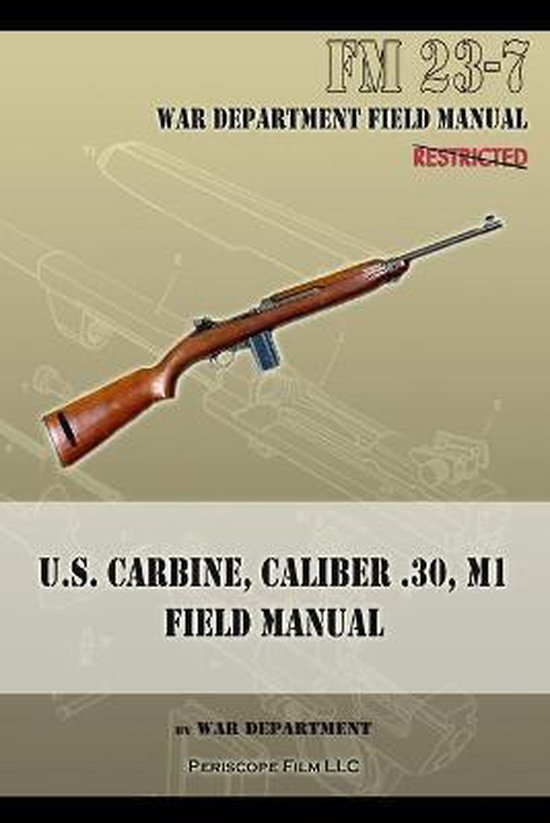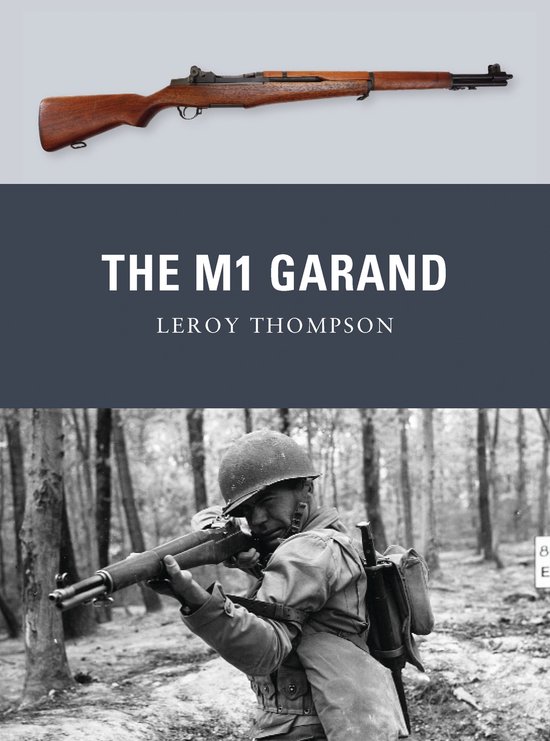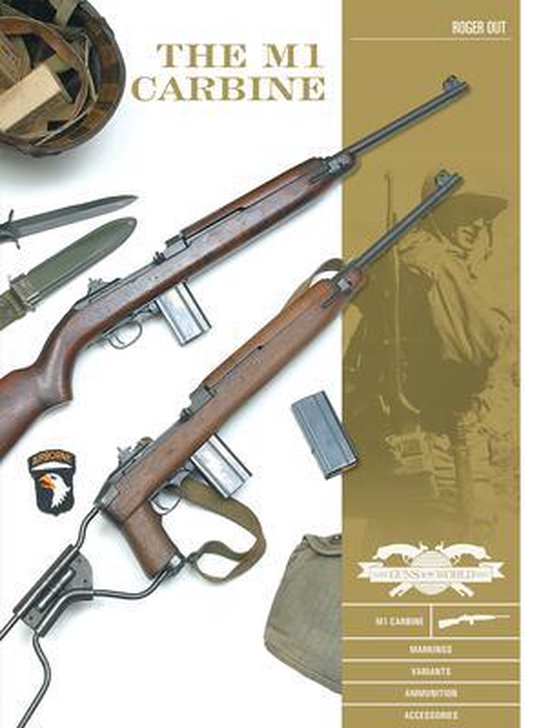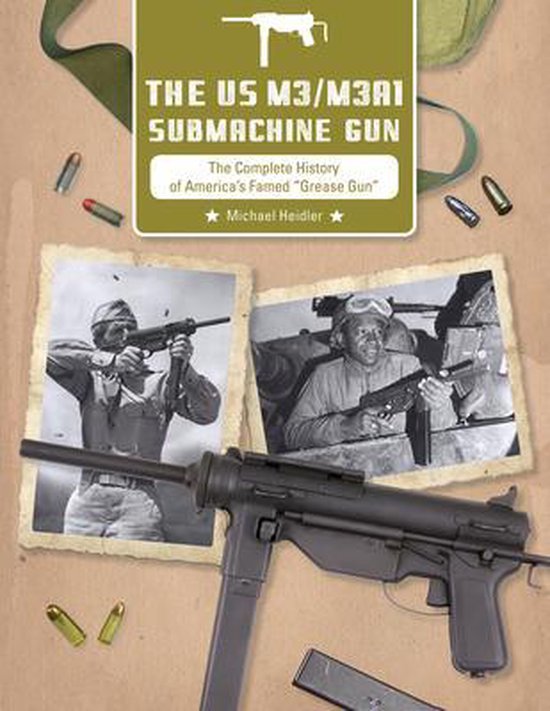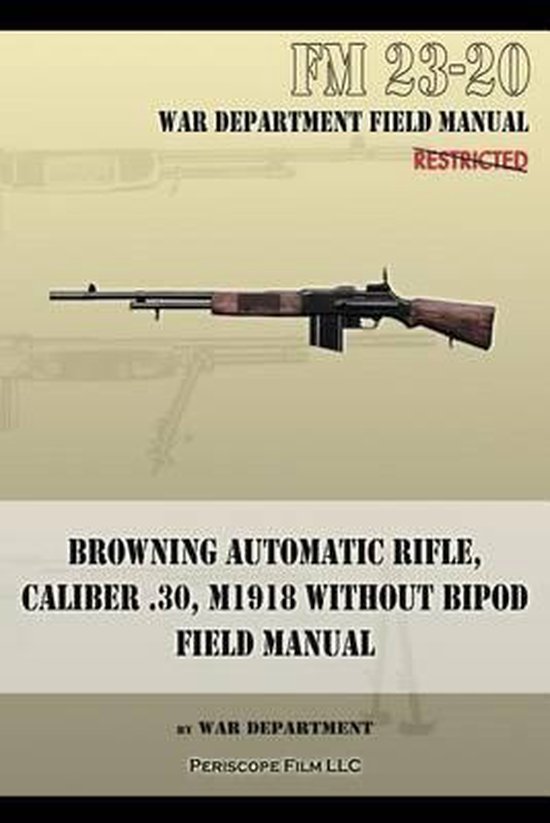
Browning Automatic Rifle, Caliber .30, M1918 Without Bipod
The Browning Automatic Rifle (known as the "BAR") M1918 was designed in 1917 by John Browning for the U.S. Expeditionary Corps in Europe. The M1918 is a selective fire, air-cooled automatic rifle chambered for the .30-06 Springfield rifle cartridge. It uses a gas-operated long-stroke piston rod actuated by propellant gases bled through a vent in the barrel. The bolt is locked by a rising bolt lock and the gun fires from an open bolt. The spring-powered cartridge casing extractor is contained in the bolt and a fixed ejector is installed in the trigger group. As a heavy automatic rifle designed for support fire, the M1918 was not fitted with a bayonet mount and no bayonet was ever issued. Although the weapon did see some action in World War I, the BAR did not become standard issue in the U.S. Army until 1938 when it was issued to squads as a portable light machine gun. The Browning saw extensive service in both World War II and the Korean War and saw some service early in the Vietnam War. The U.S. Army began phasing out the M1918 in the late 1950s and was without a portable light machine gun until the introduction of the M249 Squad Automatic Weapon in the mid-1980s. Created in 1940, this field manual reveals a great deal about the M1918's design and capabilities. Intended as a field manual for operation and maintenance, it details gun assembly, accessories and much more. Originally labeled restricted, this manual was declassified long ago and is here reprinted in book form. Care has been taken to preserve the integrity of the text."
| Auteur | | War Department |
| Taal | | Engels |
| Type | | Paperback |
| Categorie | | Technologie & Bouwkunde |
